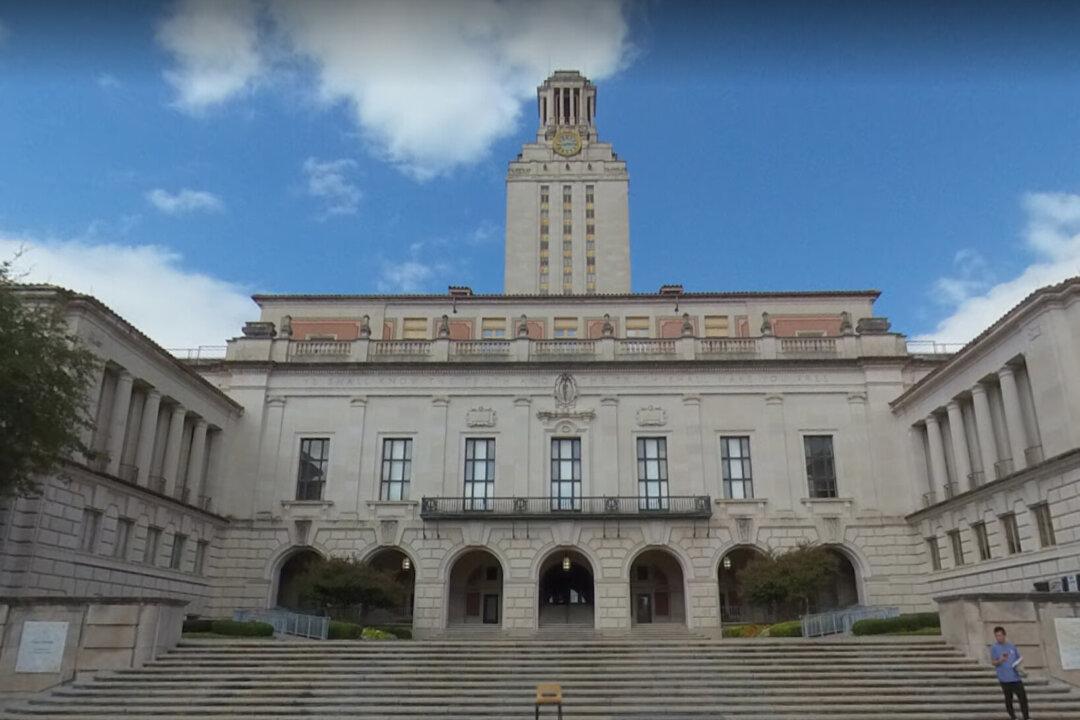Business school professors at the University of Texas at Austin have been advised to issue warnings to students in classes of potentially offensive and traumatizing curriculum content.
Richard Lowery, associate professor of finance at UT-Austin, posted part of the syllabus template on Twitter on Aug. 10 questioning its relevance.





